Polyester fiber opening process steps and opening machine company list
- Sep 19, 2025
- 2 min read
Updated: Sep 30, 2025

Polyester staple fibers, which are used in various industrial fields such as nonwoven fabrics, spun yarns, and filling materials, go through several processes from raw material supply to final molding.
Among these, opening is the most important step at the front, releasing the compressed fibers and dispersing them evenly, which plays an important role in determining the quality of subsequent processes.
In particular, in subsequent processes such as needle punching, carding, and thermal bonding, the individualization and dispersion of fibers determine the strength and appearance of the entire product, so securing the stability of the knitting process is essential.
In this post, I will introduce the opening process steps and the equipment companies for the opening process.
Polyester fiber opening process steps
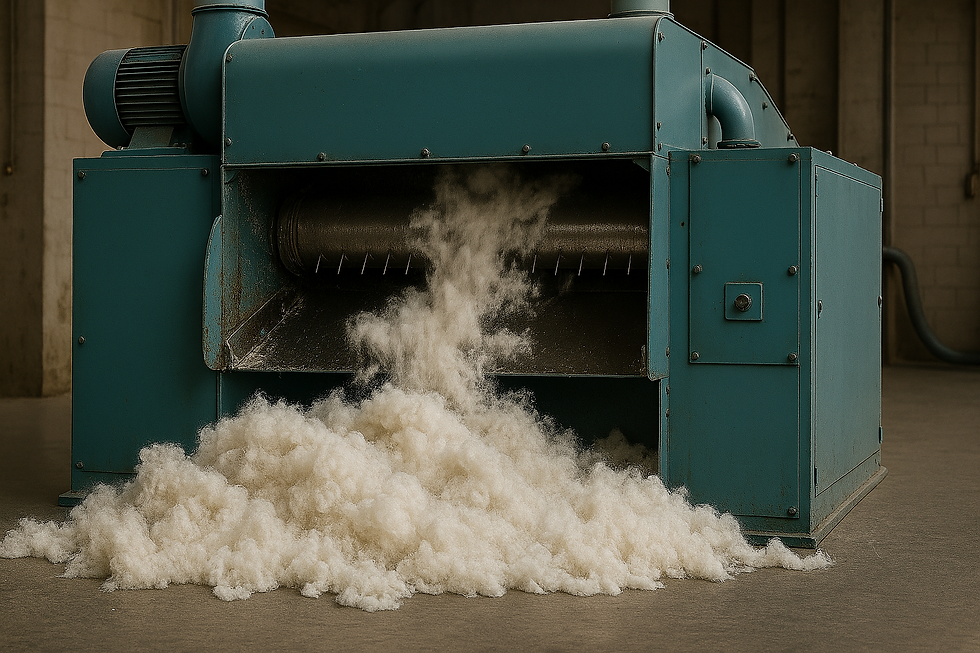
Polyester fiber opening process are typically composed of the following :
Bale Feeding : Automatically feed compressed PSF bales into the equipment.
Pre-Opening (1st dismantling) : Large spike rollers break up large clumps – this step is the initial removal of fiber tangles and foreign matter.
Fine Opening / Cleaning : Fine rollers and air flow release fibers more evenly – removes dust, short fibers (fluff), metal foreign matter, etc.
Optional Blending : Blending different types of fibers (e.g. rayon, PET)
Conveying to Next Process (Transfer) : The delaminated fibers are automatically conveyed to the carding machine, needle puncher, and forming machine.
This process goes beyond simply de-agglomerating and is a key factor in determining cohesion between fibers, process stability and final product quality.
Introduction of equipment suppliers suitable for the opening process
The quality of the opening process is largely determined by the selection of appropriate equipment. Below is a list of opening machine suppliers from global and Asian manufacturers.
global brand
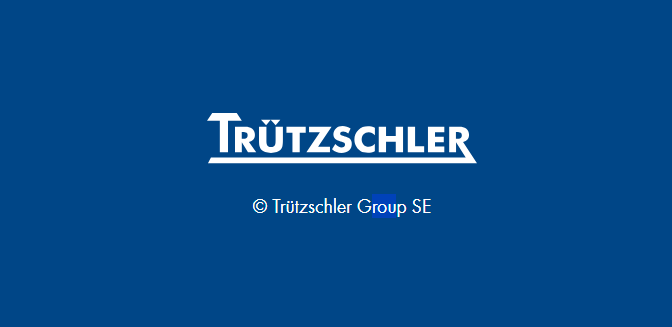
Trützschler (Germany) : Providing high-precision slicing and blending lines such as T-BLEND – Optimized for high-speed carding and non-woven fabric line linkage
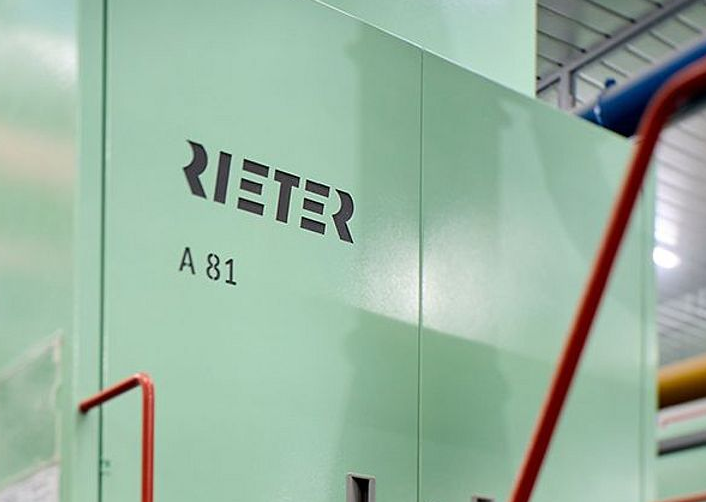
Rieter (Switzerland): Bale opener for spinning and nonwovens, with foreign matter removal system
link : https://www.rieter.com/
Chinese brand
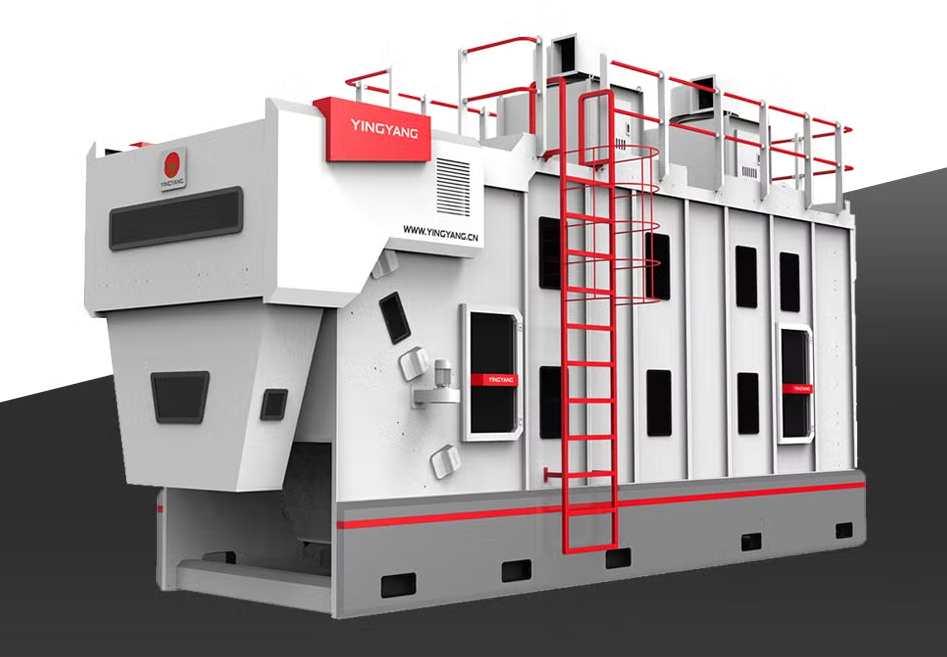
Yingyang Nonwoven Machinery (China) : Supply of pre-opener & cleaner integrated with high weight handling capability – suitable for pre-processing line for Needle Punch
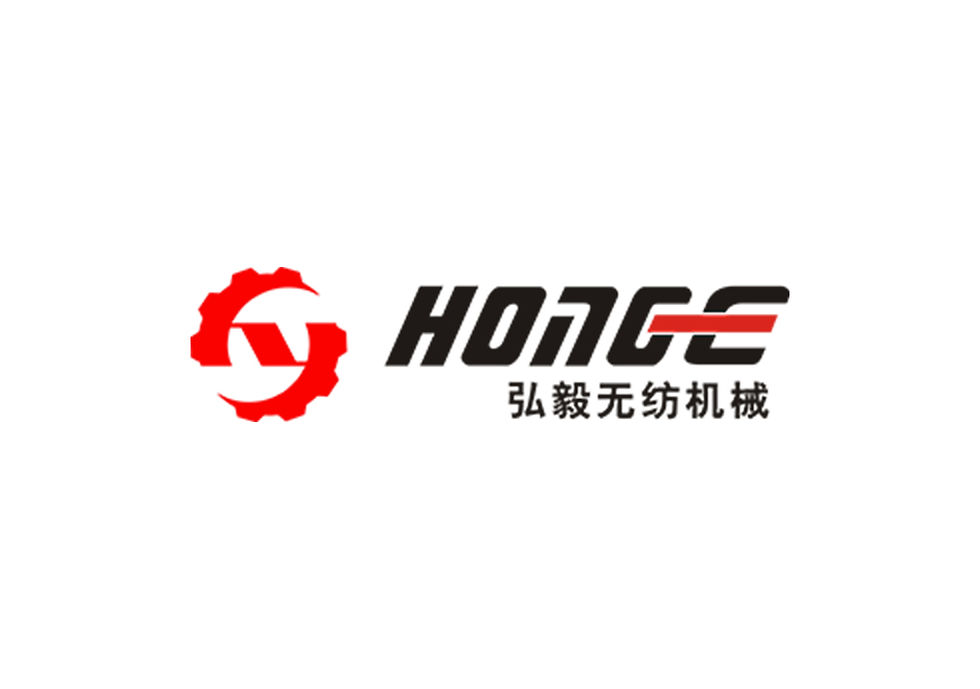
Hongyi / HongE (China) : Easy to configure small and medium-sized seaweed line including HYYS-150 model – Integrated metal detector, dust remover option available
link : https://www.nonwovenfabricmakingmachinery.com/supplier-141921-fine-opening-machine\
These devices also have high compatibility with PSF products (e.g. 6D × 64mm, 7D × 76mm, etc.) and are widely used in actual non-woven fabric factories in the Asian region.
The opening process is the starting point of the fiber production line and the starting point of the overall quality stability. Uniformly opened fibers provide higher productivity and lower defect rates in the next steps such as carding, needle punching, and bonding.
DK FIBER supplies PSF product lines with the appropriate crimping degree, lubricant treatment, and fiber length adjustment for the debonding process, and also supports technical consultation to design the optimal specifications linked to the equipment together with the buyer.
If you need to set the cut length/denier/lubrication specifications according to the equipment specifications, please contact DK FIBER at any time.



